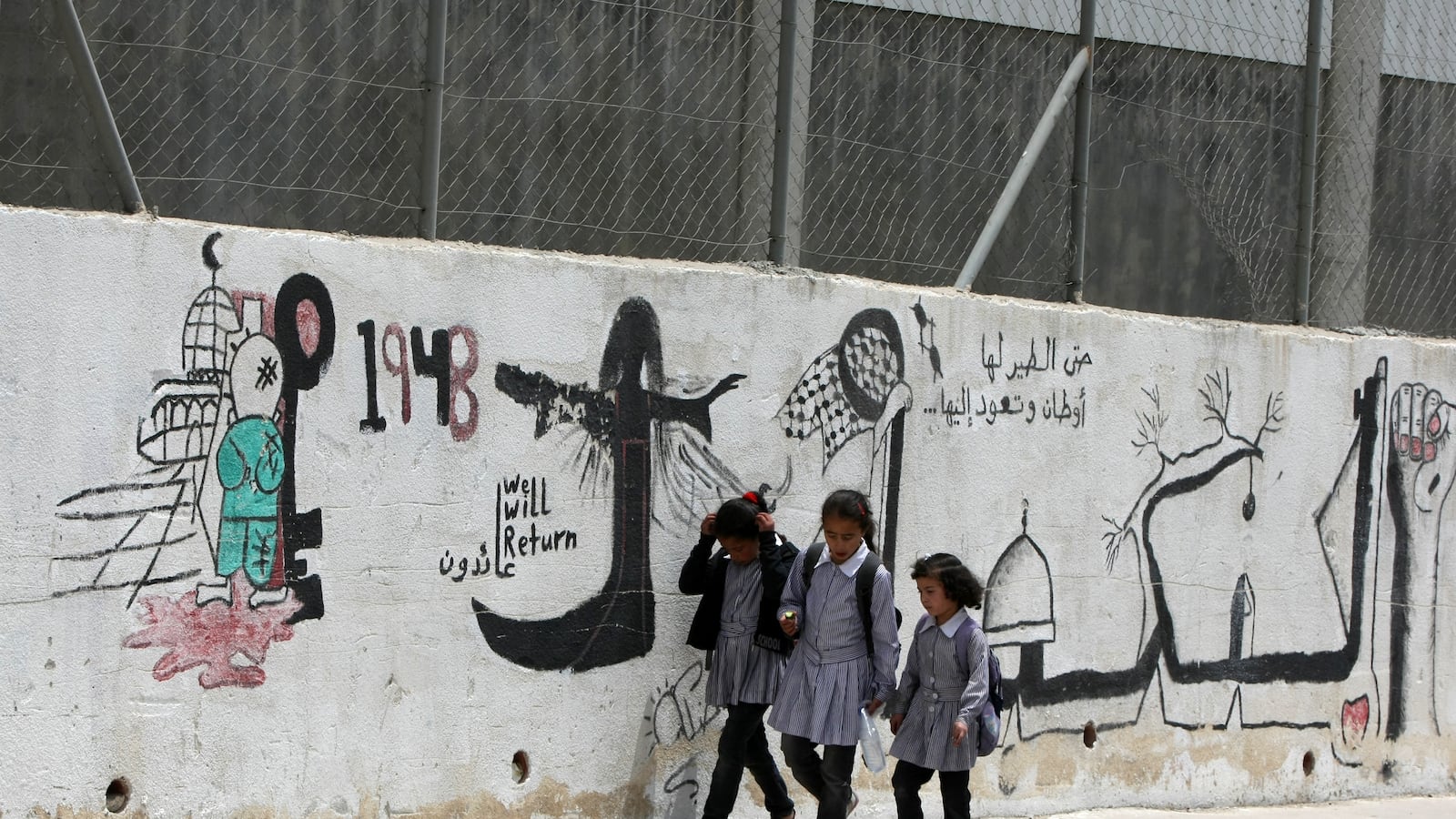Mitt Romney’s recent Israel trip proved yet again that a political gaffe is a politician caught in the act of telling the truth. True, his comment that “culture makes all the difference” when comparing the Israeli and Palestinian economies was too broad—all politicians should learn never to use words like “all” and “never.” But the media firestorm his comments evoked, and Saeb Erekat’s predictable charge that Romney made a “racist statement,” mixed together two topics about which it seems impossible to have a textured, subtle, mature conversation these days: the Middle East and the impact of culture.
For centuries, a triumphalist narrative dominated Western civilization. Europeans, Americans, and Australians took great pride in their culture as the cause of their political stability, widespread freedoms, economic success, overall sophistication, and world power. Unfortunately, that narrative fed an arrogance that encouraged some of the Western world’s great sins, including racism, colonialism and imperialism. Following World War II, and particularly during the 1960s, there was a welcome backlash against these Western crimes.

But this salutary revolution, like so many revolutions, overstepped, and resulted in the Great Inversion. Many Western elites, who once believed their civilization could do no wrong, started believing their culture could do no right. Simultaneously, the Middle East had its own Great Inversion as Israel went from being perceived as a country that was above reproach to being broadly considered a country that was beneath contempt. This new Western phenomenon of self-criticism, built on a strong Jewish orientation toward internalizing guilt, was easy prey for an equal and opposite Third World and Arab orientation toward assigning blame.
Underlying these complex phenomena, which had many causes, manifestations, and subtleties, was a defining ideological and intellectual struggle. By 2000, the political scientist Samuel Huntington published an anthology “Culture Matters” as a rallying point for David Landes and other culture-oriented colleagues. Romney’s remarks should be understood in the context of this ongoing debate and ideological power struggle. His analysis reflects his understanding of the Israeli-Palestinian conflict and is a central critique of Barack Obama’s worldview. As always, the truth lies somewhere in the middle. As the scholar-Senator Daniel Patrick Moynihan explained, “The central conservative truth is that it is culture, not politics, that determines the success of a society. The central liberal truth is that politics can change a culture and save it from itself.” Culture matters—but politics matters too.So no, it is not helpful to shut down every conversation about the impact of culture by shouting “racist.” And yes, it is absurd to see the same people who generalize so broadly about Israeli culture and character take such umbrage at generalizations about Palestinian character. The Middle East will not progress until Palestinians can look at their culture critically, and see how worldviews that emphasize victimization, accept authoritarianism, impose sexism, celebrate terrorism, and squelch individualism are destructive. It is more than true that many Palestinians, partially due to their contact with Israelis, are more entrepreneurial and democracy-minded, than many other cultures we could easily name. But Israelis—and Palestinians—both have to take responsibility and step up to progress.






